Over 800 pregnant women die daily worldwide, says UNFPA
As the world marked another Women’s Day on March 8, the United Nations Population Fund (UNFPA), disclosed that the world loses 800 pregnant women every day.
Majority of the deaths occur in low-income countries, the Executive Director of the organization, Natalia Kanem said in a Press Release to commemorate the day.
Kanem argued that economic inequalities plaguing many nations of the world are reinforced by many other forms of inequality, including inequalities in sexual and reproductive health.
According to her, over 200 million women—many of them poor and living in rural and remote parts of the world—lack access to voluntary family planning methods.
She said more than 800 pregnant women, most of them living in fragile socio-economic situations, die each day from complications related to pregnancy and childbirth.
“In many parts of the world, access to services is particularly limited or even non-existent for rural and indigenous women, undermining their ability to exercise their reproductive rights.
“Without addressing the discrimination that these women face in both private and public spheres, many of them will remain caught in a vicious cycle of poverty, repeated pregnancies, diminished capabilities, unfulfilled human rights and unrealized potential. The denial of reproductive rights not only harms individuals, it can also put a drag on economies and stifle countries’ development,” the UN Chief said.
She furthered that making reproductive health care universally accessible would not only help fulfil a poor, rural woman’s reproductive rights; it would also enable her to stay healthy, get an education and participate in all facets of life, including economic life.
“These benefits accrue to her, her family and her country. That’s why it is our mission at UNFPA to work with our partners to end unmet demand for family planning information and services, to end to preventable maternal deaths, and to end to gender-based violence and other harmful practices against women and girls by 2030.
“Addressing inequalities and discrimination has always been at the heart of UNFPA’s work. We work to ensure that no one is left behind through programmes that improve the lives of excluded and marginalized women.
“On this International Women’s Day, let us all renew our commitment to addressing the many different forms of inequalities that hold women back, particularly the rural and indigenous poor, and keep them from realizing their rights and ambitions, and from living their lives on an equal footing with men. A more equal world depends on it, ” she added.

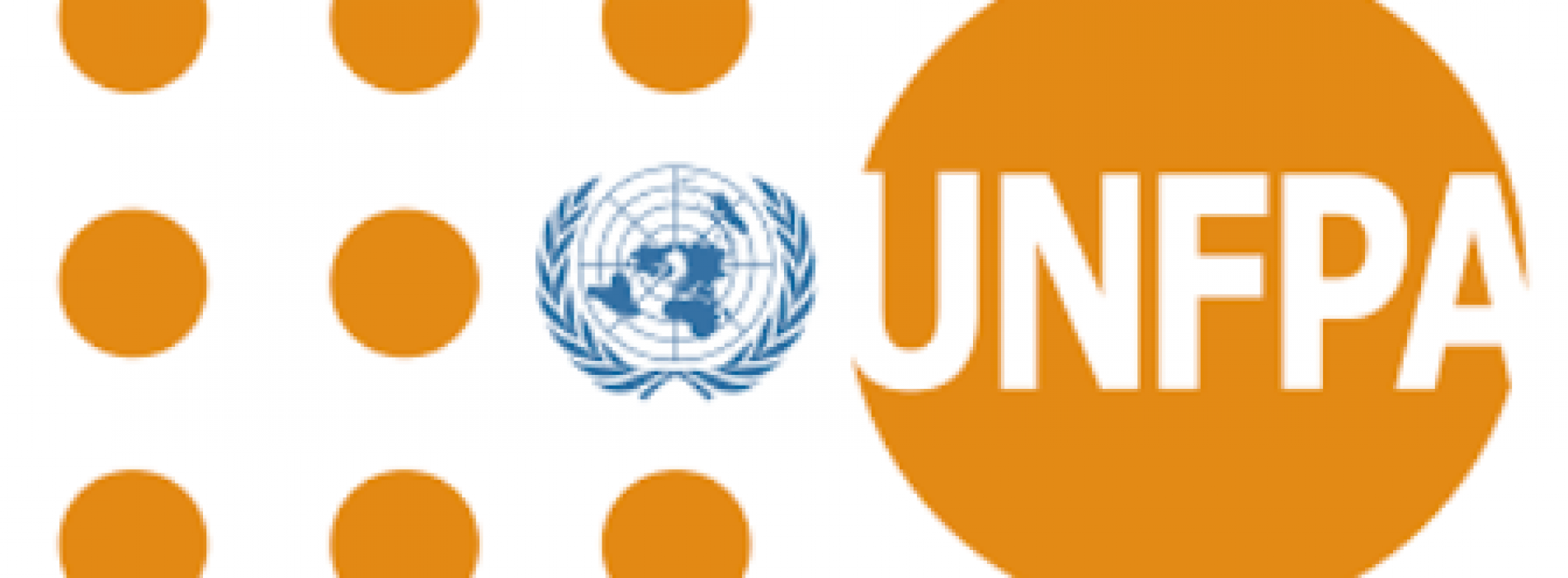
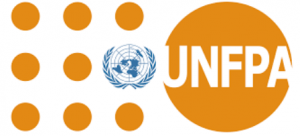
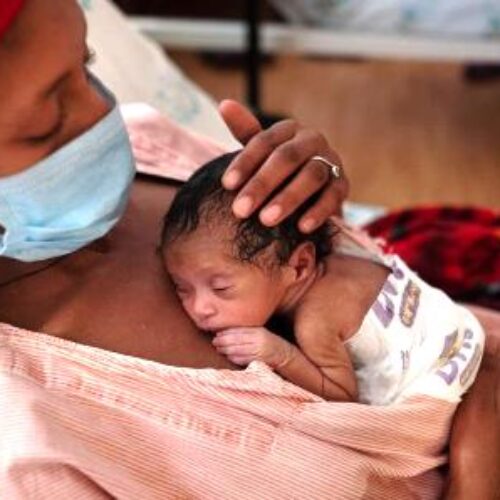
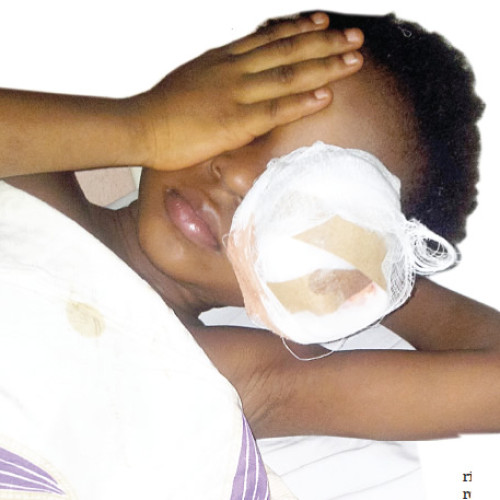
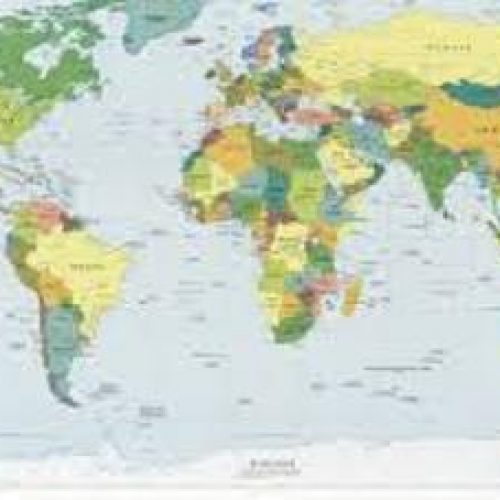


0 Comments
No Comments Yet!
You can be first to comment this post!